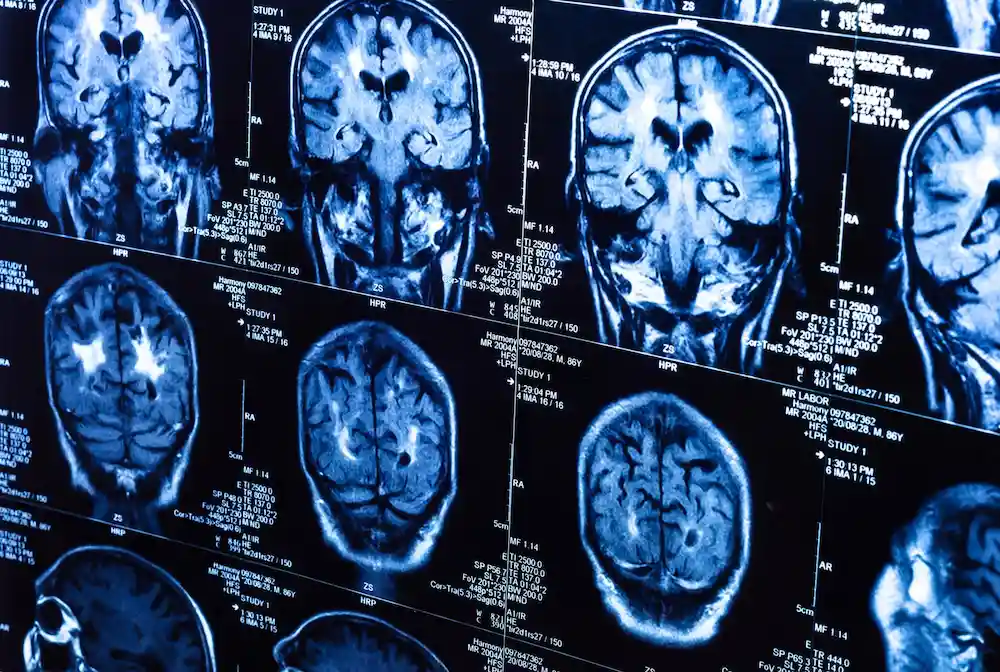New Britain Traumatic Brain Injury Lawyer
Need a New Britain traumatic brain injury accident lawyer for a traumatic brain injury?
If you or a loved one suffered a TBI in an accident involving Uber, Lyft, or another rideshare driver—whether as a passenger, pedestrian, or another motorist—you may be entitled to compensation. Rideshare accident claims involving brain injuries can be especially complex, but Etemi Law has the experience to guide you through it. We’re committed to helping TBI victims get the justice and compensation they deserve.
Call us today at (203) 409-8424 for a


Understanding Traumatic Brain Injuries (TBI)
A traumatic brain injury (TBI) occurs when a sudden jolt, blow, or impact causes the brain to move rapidly within the skull. This movement can result in chemical changes, bruising, or damage to brain tissue. Even mild trauma—known as a mild traumatic brain injury (MTBI)—can lead to lasting effects, sometimes without immediate signs such as loss of consciousness.
Common Causes of TBI
TBI can happen in many everyday situations, including:
- Rideshare Accidents – Sudden impact from Uber or Lyft collisions, especially rear-end crashes, can cause the brain to jolt violently.
- Slip and Fall Accidents – Striking the head on the ground during a fall can lead to significant brain trauma.
- Sports Injuries – Contact sports like football, boxing, and rugby are common causes of concussion and TBI.
- Motorcycle Accidents – Especially in Connecticut, where helmets aren’t required for all riders, these crashes can be devastating.
- Pedestrian Accidents – Pedestrians struck by vehicles often suffer TBIs due to direct impact.
- Product-Related Injuries – Falling merchandise or faulty safety equipment (like airbags) can cause head trauma.
- Birth Injuries – Trauma during delivery can result in infant brain injuries with lifelong consequences.
Why TBI Cases Are Complex
Brain injuries are often called “invisible injuries” because their symptoms may be subtle, delayed, or misdiagnosed. TBIs can affect memory, mood, concentration, and even personality. Because of the complexity of these cases—especially when involving multiple parties, such as in rideshare accidents—it’s critical to have a legal team that understands both the medical and legal challenges involved.
How Etemi Law Can Help
At Etemi Law, we are committed to helping victims and their families get the compensation they need for recovery and long-term care. Our experienced team will:
✅ Thoroughly investigate the cause of the brain injury
✅ Work with medical experts to document its full impact
✅ Handle negotiations with insurance companies and responsible parties
✅ Take your case to trial if necessary to fight for full compensation
Don’t Wait — Protect Your Rights
If you or a loved one has suffered a brain injury due to a rideshare crash or another type of accident, it’s crucial to act quickly. You deserve a legal team that will stand by your side and fight for the justice and financial recovery you need.
📞 Call us at (203) 680-8080
📧 Email us or fill out our Free Case Evaluation Form to schedule your free consultation today.
Driving out from New Britain’s western edges, Route 71 narrows past fields and vegetable stands where slow-moving tractors and hay wagons merge into commuter traffic; poor sightlines at rural driveways and sudden sun glare at dusk create classic mechanisms for traumatic brain injuries when heavy equipment meets passenger vehicles. As an investigator I follow patterns — the crash dynamics here often involve rollovers and direct head impacts on unhelmeted operators or passengers in open cabs.
Near the Farmington Canal Heritage Trail, weekend equipment movements and farm deliveries create unexpected crossing points where ATVs, tractors and harvest trailers meet bicyclists and walkers; those composite collisions can transmit blunt force to the skull or cause penetrating lacerations when debris punctures helmets. Witnesses on trails often help first responders describe mechanism and timing — crucial detail when assessing likely focal contusions, diffuse axonal injury, or cervical-spine involvement before hospital arrival.
Emergency response in New Britain pivots on local ambulance routing to Hartford HealthCare—New Britain General, where initial stabilization can include intracranial pressure monitoring and urgent CT scans; but severe traumatic brain injuries may require interfacility transfer by helicopter or ground teams to higher-level trauma or neurocritical units, lengthening time to specialty care. Patterns I’ve tracked show rural distances of 10–20 minutes can become 30–60 when weather, farm equipment, or single-lane roads delay EMS.
Families tell me that once a patient leaves the acute phase, rehabilitation often follows predictable routes: local outpatient neurotherapy near Central Connecticut State University, inpatient rehab in nearby cities, and long stretches of home-based care when farming households cannot pause machinery schedules. The frontline reality here is logistical: who will drive, how to schedule transfers around harvests, and when a second imaging study will clarify evolving injury — facts, not promises.
